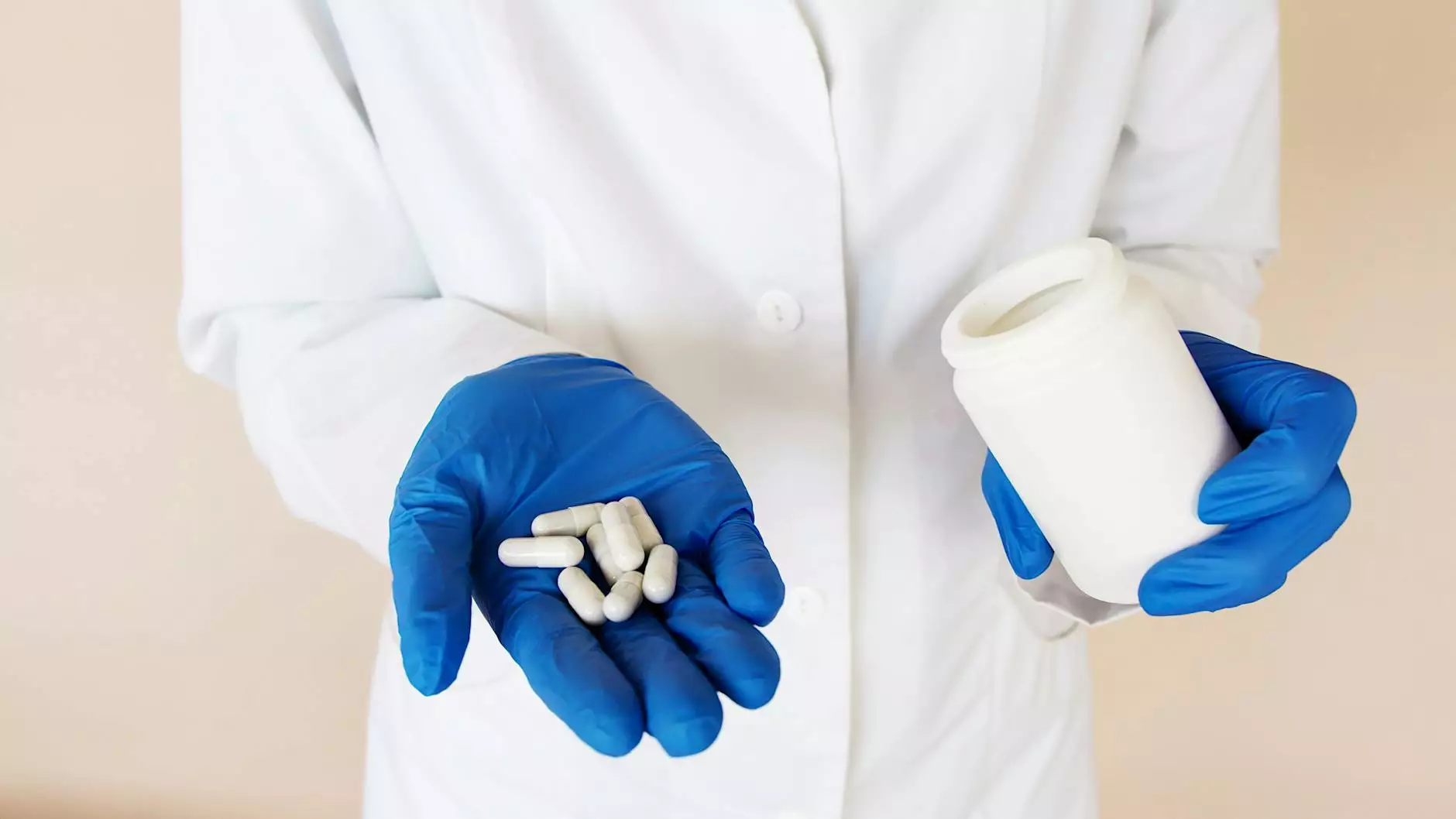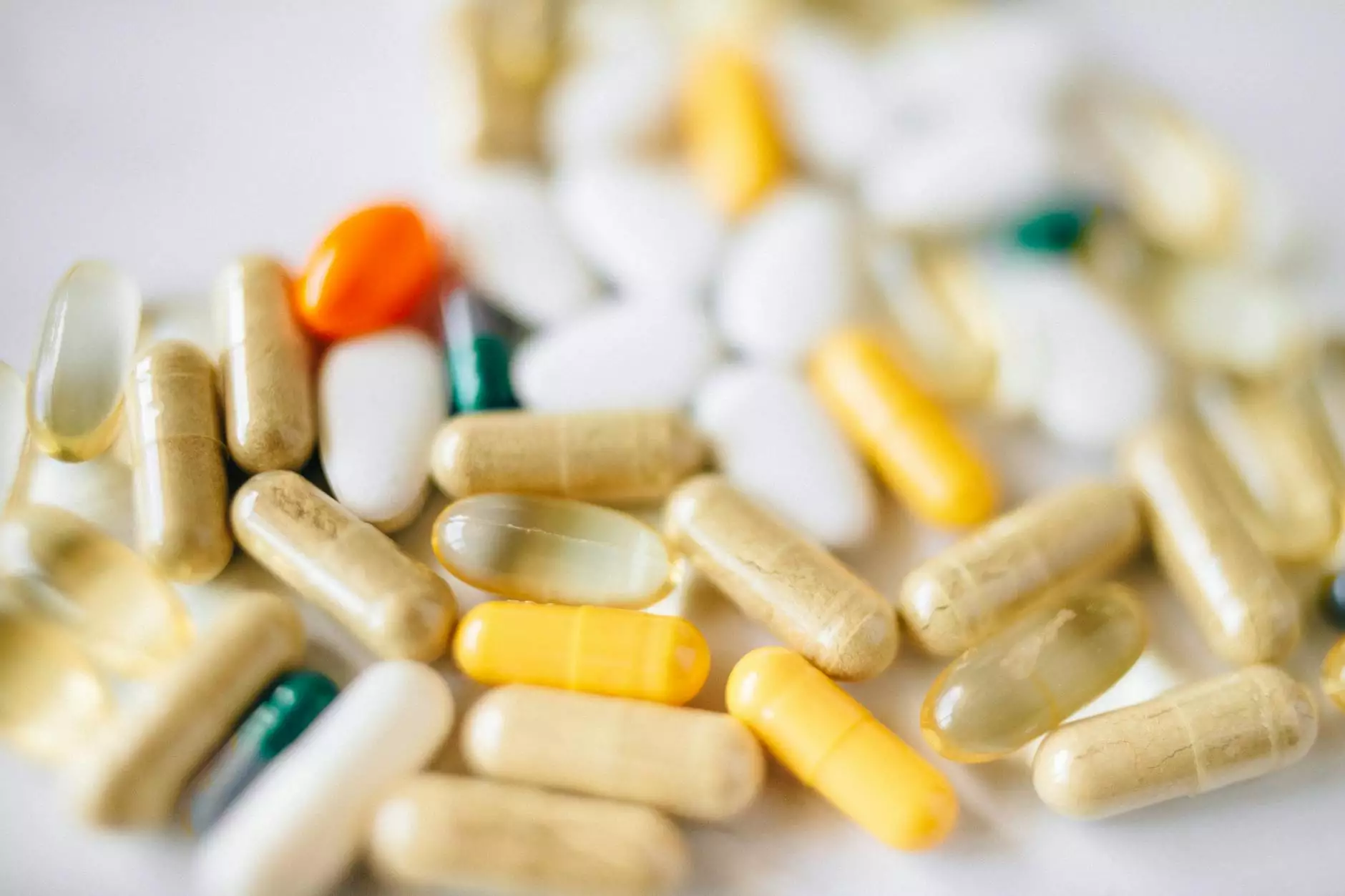Understanding Pharmacy and Addiction Medicine: A Comprehensive Guide

The fields of pharmacy and addiction medicine are critical in the modern healthcare system, providing essential services that support both physical and mental well-being. This article aims to delve into the intricate relationship between these categories, shedding light on effective treatments, pharmacological interventions, and the vital support structures surrounding addiction recovery.
What is Pharmacy?
Pharmacy is a branch of health sciences that links health sciences with chemical sciences and aims to ensure the safe and effective use of pharmaceutical drugs. Pharmacists are healthcare professionals who play a key role in the healthcare system by helping patients manage their medications, ensuring proper administration, and providing education about drugs.
Roles of Pharmacists in Addiction Medicine
Pharmacists are not only responsible for dispensing medications but also play a pivotal role in addiction medicine. Their responsibilities include:
- Conducting thorough patient assessments
- Providing education on medication adherence and risks
- Working closely with healthcare teams to develop personalized treatment plans
- Understanding the pharmacokinetics and pharmacodynamics of addiction medications
- Monitoring for drug interactions and side effects
Understanding Addiction Medicine
Addiction medicine is a subspecialty within medicine that focuses on the treatment of patients with addictive disorders. It encompasses a variety of approaches to address substance use disorders, incorporating medical, psychological, and social aspects of care.
The Science of Addiction
Addiction is a complex condition that affects brain function and behavior. It is characterized by the compulsive use of substances despite harmful consequences. Understanding the science behind addiction is crucial for effective treatment, which can often include:
- Cognitive Behavioral Therapy (CBT)
- Medication-Assisted Treatment (MAT)
- Motivational Interviewing
- Family Therapy
Key Medications in Addiction Treatment
Various medications play a significant role in the treatment of addiction. The following are examples of commonly used drugs:
1. Buprenorphine
Buprenorphine is a partial opioid agonist used in the treatment of opioid addiction. It helps decrease cravings and withdrawal symptoms, aiding in the recovery process.
2. Methadone
Methadone is a full opioid agonist that has been used for decades in the treatment of opioid dependence. It works to alleviate withdrawal symptoms and cravings.
3. Naltrexone
Naltrexone is an opioid antagonist that blocks the effects of opioids. It's used for both opioid and alcohol addiction treatment.
4. Acamprosate
Acamprosate is used to maintain abstinence in individuals recovering from alcohol dependence. It works on the brain’s neurotransmitter systems to help reduce cravings.
The Importance of Comprehensive Care
Comprehensive care for addiction includes not only medication but also supportive therapies and counseling. It is important to treat the whole person, addressing mental, emotional, and social needs alongside physical health.
Building a Support Network
A strong support network is essential for individuals in recovery. This can include:
- Support groups like Alcoholics Anonymous (AA) or Narcotics Anonymous (NA)
- Family involvement in therapy sessions
- Community resources such as outpatient therapy programs
- Online support forums and communities
Outpatient vs. Inpatient Treatment
Choosing between outpatient and inpatient treatment depends on various factors including the severity of the addiction, individual circumstances, and preferences. Here’s a brief comparison:
Outpatient Treatment
Outpatient treatment allows individuals to live at home while attending therapy sessions. This type of treatment is often ideal for those with less severe addictions and for those who have strong support systems. Advantages include:
- Flexibility in scheduling
- Lower costs compared to inpatient treatment
- Ability to maintain employment and daily responsibilities
Inpatient Treatment
Inpatient treatment involves residing at a treatment facility. This is more suitable for severe addiction cases. Benefits of inpatient treatment include:
- 24/7 medical supervision
- Structured environment free from triggers
- Intensive therapy and counseling programs
The Role of Telehealth in Addiction Medicine
With the rise of technology, telehealth has become increasingly significant in addiction medicine. It allows individuals to access care remotely, thus breaking down barriers such as:
- Geographic limitations
- Lack of local treatment options
- Stigma associated with visiting treatment facilities
Telehealth offers services such as virtual therapy sessions, medication management, and online support groups, making treatment more accessible than ever.
Preventing Addiction: Education and Awareness
Prevention plays a crucial role in addressing addiction. Education about the risks of substance use can help prevent the onset of addictive behaviors. Effective strategies include:
- Community outreach programs
- School-based prevention education
- Family support initiatives
- Public awareness campaigns
Conclusion
Pharmacy and addiction medicine work hand in hand to combat the challenges posed by substance use disorders. By understanding the critical role of medications and comprehensive care, we can better support those on their journey to recovery. Whether through direct patient care, community support initiatives, or preventative education, there is a significant impact that can be made in the field of addiction medicine.
For more information on pharmacy services, addiction medicine, and effective treatment approaches, visit https://alprazolam-xanax.com. Together, we can promote recovery and foster healthier communities.









